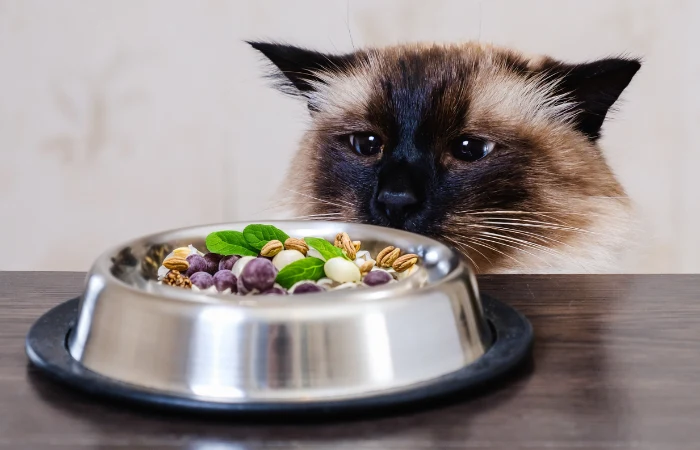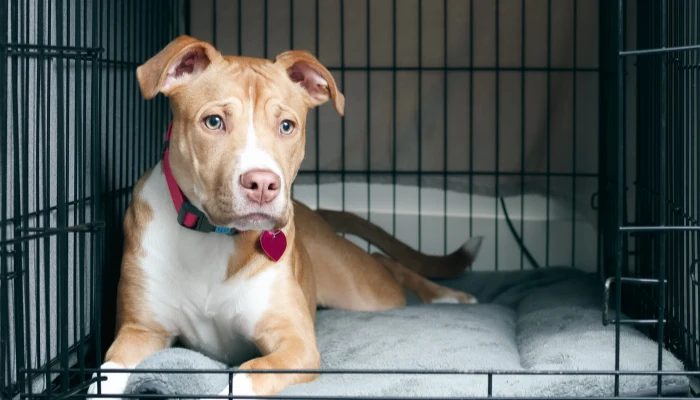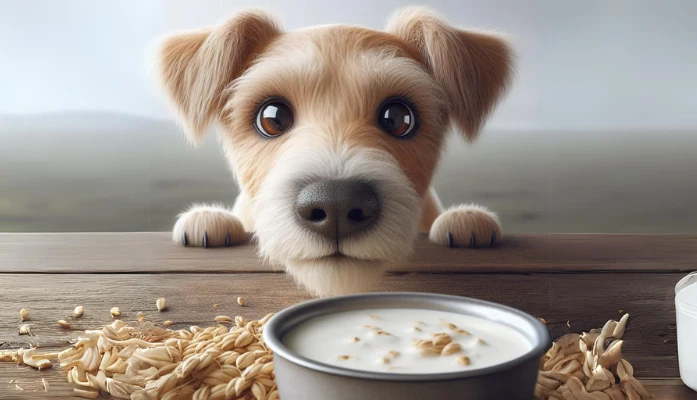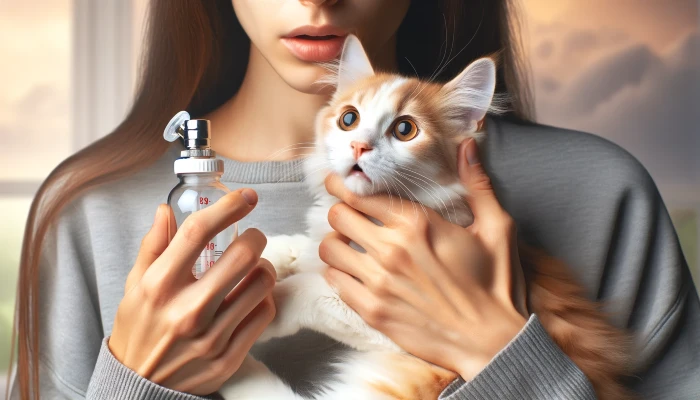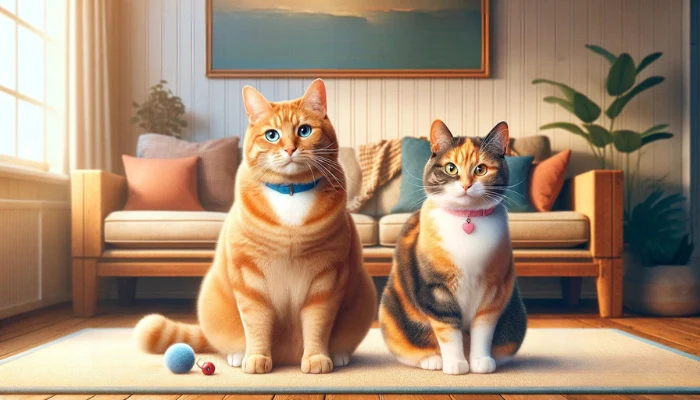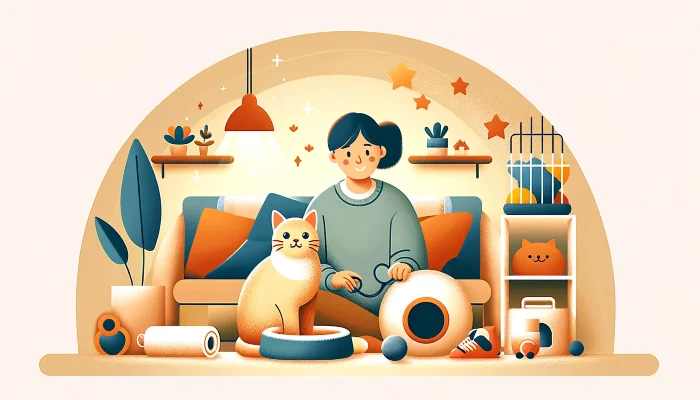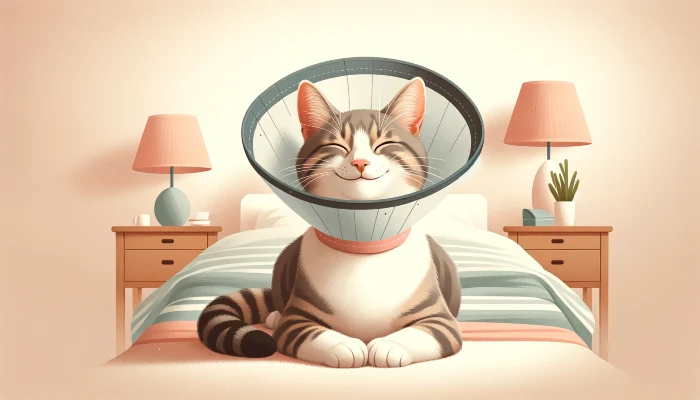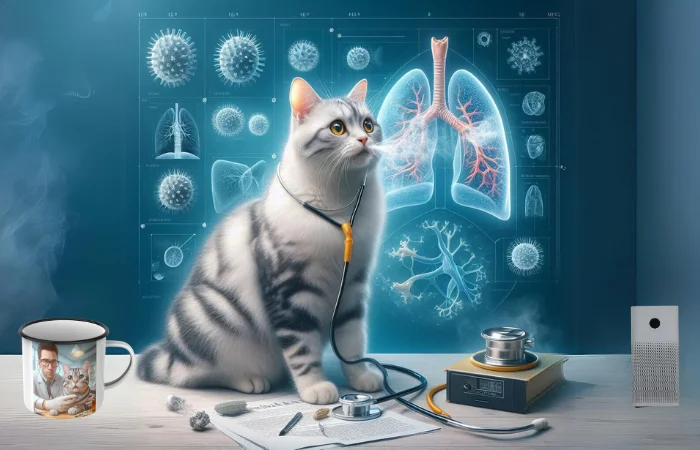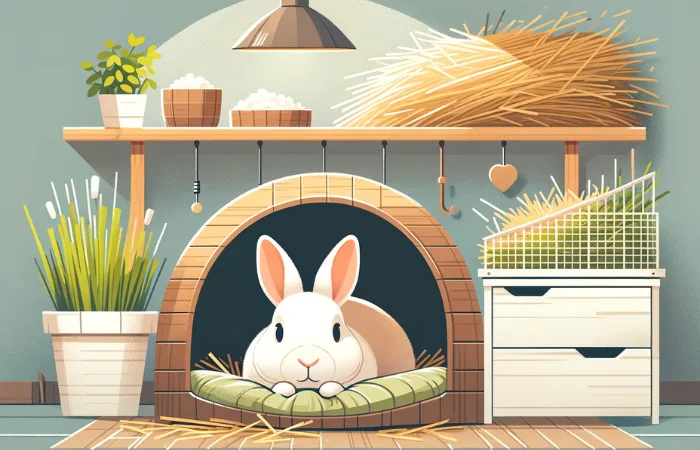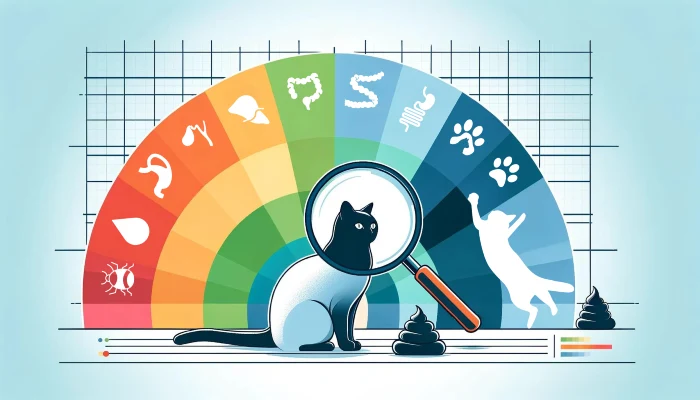Cats have different dietary needs and sensitivities compared to dogs, so some foods that are safe for humans (and even dogs) can be toxic to cats.
All cats are known for their curious nature, and sometimes that curiosity extends to the foods they spot on our plates. However, just because a particular food is safe for human consumption doesn’t mean it’s safe for our feline friends.
Here are some of the top human foods that can be harmful to cats and the potential consequences of their consumption.
1. Chocolate
Why it’s harmful: Similar to dogs, chocolate contains theobromine, which is toxic to cats.
Potential consequences: Vomiting, diarrhea, rapid heartbeat, seizures, and in severe cases, death.
2. Onions, Garlic, and Related Root Vegetables
Why it’s harmful: These contain compounds that can cause oxidative damage to red blood cells, leading to anemia.
Potential consequences: Vomiting, lethargy, and in severe cases, organ damage or death.
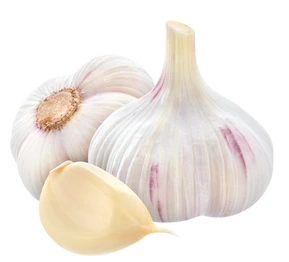
3. Alcohol
Why it’s harmful: Even a small amount of alcohol can be toxic to cats, affecting their liver and brain.
Potential consequences: Vomiting, disorientation, respiratory failure, and death.
4. Grapes and Raisins
Why it’s harmful: As with dogs, the exact toxin is unknown, but these fruits can cause kidney failure in cats.
Potential consequences: Vomiting, lethargy, and kidney failure.
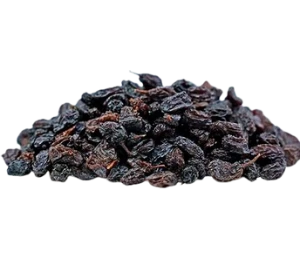
5. Caffeine (Coffee, Tea)
Why it’s harmful: Just as with dogs, caffeine can be toxic to cats, leading to rapid heartbeat, hyperactivity, and hypertension.
Potential consequences: Restlessness, rapid breathing, heart palpitations, and tremors.
6. Raw Fish
Why it’s harmful: Regular consumption can lead to a thiamine (a B vitamin) deficiency in cats, which can cause serious neurological problems.
Potential consequences: Loss of appetite, seizures, and in severe cases, death.
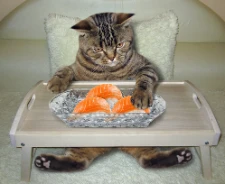
7. Dairy Products
Why it’s harmful: Many cats are lactose intolerant, meaning they can’t properly digest lactose in milk and other dairy products.
Potential consequences: Diarrhea and stomach upset.
8. Raw Eggs
Why it’s harmful: Raw eggs can expose your cat to Salmonella and decrease the absorption of biotin, which can affect the cat’s skin and coat health.
Potential consequences: Skin and coat problems, and potential exposure to foodborne illnesses.
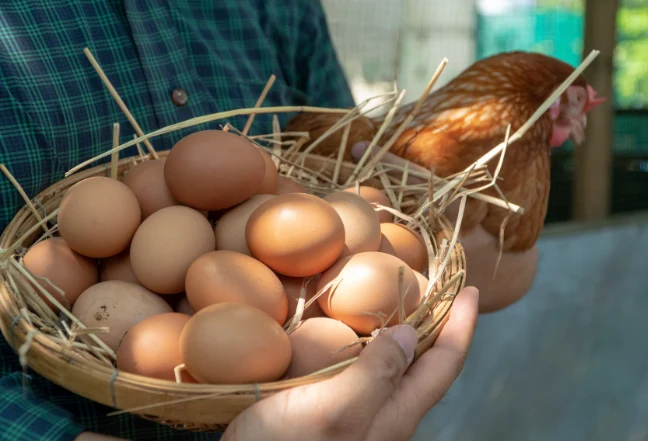
9. Bones and Fat Trimmings
Why it’s harmful: Bones can splinter and cause internal injuries, while fat can lead to pancreatitis.
Potential consequences: Vomiting, diarrhea, and internal injury.
10. Xylitol
Why it’s harmful: Like with dogs, xylitol can cause insulin release, leading to hypoglycemia.
Potential consequences: Vomiting, loss of coordination, seizures, and liver failure.

11. Liver in Large Amounts
Why it’s harmful: Consuming too much liver can lead to vitamin A toxicity.
Potential consequences: Bone deformities, bone growths on the spine and elbows, and osteoporosis.
12. Dog Food
Why it’s harmful: If consumed regularly, dog food does not meet the specific nutritional requirements of cats, especially their need for taurine.
Potential consequences: Nutritional deficiencies, which can lead to health problems in the long run.
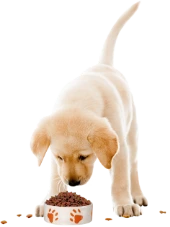
13. Yeast Dough
Why it’s harmful: Before it’s baked, bread dough can rise in a cat’s stomach and lead to discomfort. Additionally, the fermentation process produces alcohol, which is toxic to cats.
Potential consequences: Pain, bloating, and potential alcohol poisoning.
14. Fruit Pits and Seeds
Why it’s harmful: Some fruit seeds, such as apple seeds, cherry pits, and apricot pits, contain cyanogenic glycosides, which can release cyanide when ingested.
Potential consequences: Cyanide poisoning which can cause difficulty breathing, dilated pupils, and shock.
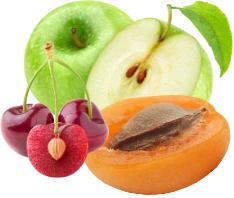
15. Tuna (when given in large amounts)
Why it’s harmful: Feeding your cat too much tuna made for humans can lead to malnutrition because it won’t provide all the essential nutrients a cat requires. Moreover, high levels of tuna can lead to mercury poisoning.
Potential consequences: Vitamin E deficiency which can cause steatitis (inflammation of body fat), malnutrition, and in extreme cases, mercury poisoning.
16. Nuts, especially Macadamia Nuts
Why it’s harmful: While not entirely clear why, macadamia nuts are known to be toxic to dogs and could be harmful to cats as well.
Potential consequences: Vomiting, tremors, and lethargy.
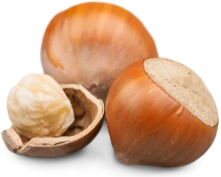
17. Citrus Oils
Why it’s harmful: Essential oils derived from citrus fruits contain limonene and linalool, both of which are toxic to cats.
Potential consequences: Vomiting, diarrhea, depression, and potential liver damage.
More To Discover
- Blue Ridge Beef Expands Pet Food Recall in 16 States Over Salmonella and Listeria Risks
- How Much To Pay Your Cat Sitter – Daily, Weekly Rates (2024)
- Feeding Cats Too Much Creates Surprising Internal Changes, New Study Discovered
- 10 Alternative Therapies for Pets: Condensed and Summarized For Your Convenience
It’s always a good practice to be cautious and check the safety of any unfamiliar food or substance before allowing your cat access. If uncertain, it’s best to err on the side of caution and consult a veterinarian.
If ever in doubt, consult with a veterinarian before introducing any new food to your cat’s diet. And if you suspect your cat has consumed something harmful, seek veterinary assistance immediately. Your cat’s health and safety depends on the decisions you make for them!








